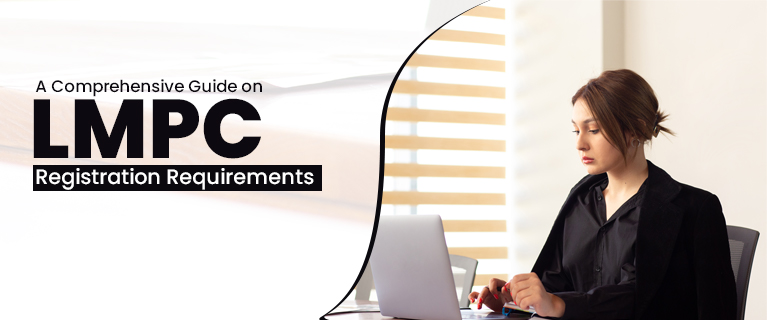A Comprehensive Guide on LMPC Registration Requirements
In today's marketplace, consumers rely heavily on packaged goods for their everyday needs. From food items to household products, the packaging plays a crucial role in providing information and ensuring product safety. To regulate this aspect of trade and protect consumers' interests, legal metrology and packaged commodities regulations are enforced in many countries.
Legal Metrology and Packaged Commodities (LMPC) registration is a vital aspect of compliance for businesses involved in the production and sale of packaged goods. This registration ensures that packaged products meet certain standards regarding quantity, labelling, and packaging. In this guide, we will delve into the LMPC registration requirements, outlining the necessary steps for businesses to adhere to regulatory standards.
Read also this -: LMPC Certificate License Renewal Takes the Digital RouteUnderstanding Legal Metrology and Packaged Commodities (LMPC):
Legal metrology encompasses laws and regulations related to measurements and weighing instruments used in trade and commerce. It aims to ensure fairness and transparency in transactions involving goods and services. Packaged commodities, on the other hand, refer to products that are pre-packaged and intended for sale to consumers without any alteration to the quantity.
Importance of LMPC Registration:
LMPC registration is essential for businesses for several reasons:
LMPC Registration Requirements:
The requirements for LMPC registration may vary depending on the country or region. However, certain common elements can be identified:
1. Application Process: Businesses typically need to submit an application for LMPC registration to the relevant regulatory authority. This application may require detailed information about the business, including its legal structure, manufacturing processes, and product range.
2. Documentation: Along with the application, businesses may need to provide supporting documentation such as proof of ownership or lease of manufacturing premises, details of weighing and measuring instruments used, and specifications of packaging materials.
3. Compliance with Standards: Products must comply with prescribed standards regarding quantity, labelling, and packaging. These standards may cover aspects such as net quantity, dimensions of packaging, font size and style for labelling information, and placement of mandatory declarations.
4. Testing and Verification: In many cases, products undergo testing and verification to ensure compliance with LMPC regulations. This may involve laboratory testing of samples to verify the accuracy of quantity declarations and the durability of packaging materials.
5. Labelling Requirements: Products must be labelled in accordance with LMPC regulations, providing essential information such as the name and address of the manufacturer or packer, net quantity, date of manufacture or expiry, batch or lot number, and any statutory warnings or instructions for use.
Read also this -: The Key Aspects of LMPC License6. Fees and Renewals: There may be fees associated with LMPC registration, including application fees and annual renewal fees. Businesses must ensure timely payment of these fees to maintain their registration status.
7. Inspections and Audits: Regulatory authorities may conduct periodic inspections and audits to verify compliance with LMPC regulations. Businesses are required to cooperate with these inspections and address any non-compliance issues promptly.
Conclusion:
LMPC registration is a crucial requirement for businesses involved in the production and sale of packaged commodities. By adhering to LMPC regulations, businesses ensure consumer protection, promote standardization, and demonstrate compliance with legal requirements. While the specific requirements may vary, businesses can navigate the LMPC registration process successfully by understanding the relevant regulations, preparing the necessary documentation, and maintaining compliance with prescribed standards. By prioritizing LMPC registration, businesses not only meet regulatory obligations but also contribute to a fair and transparent marketplace that benefits both consumers and businesses alike.




Comments
Post a Comment